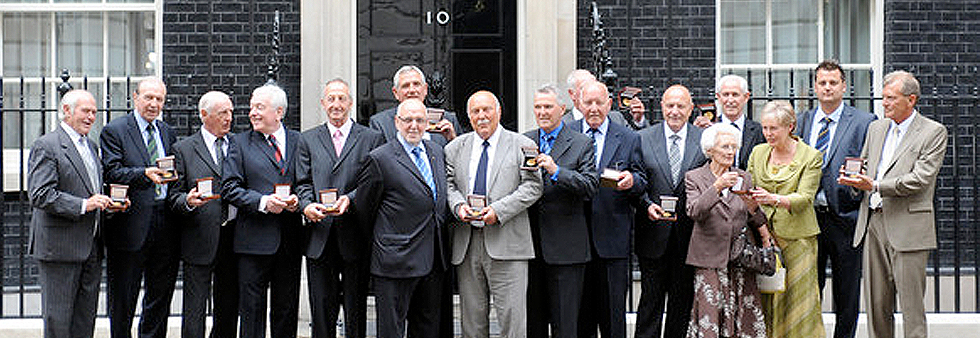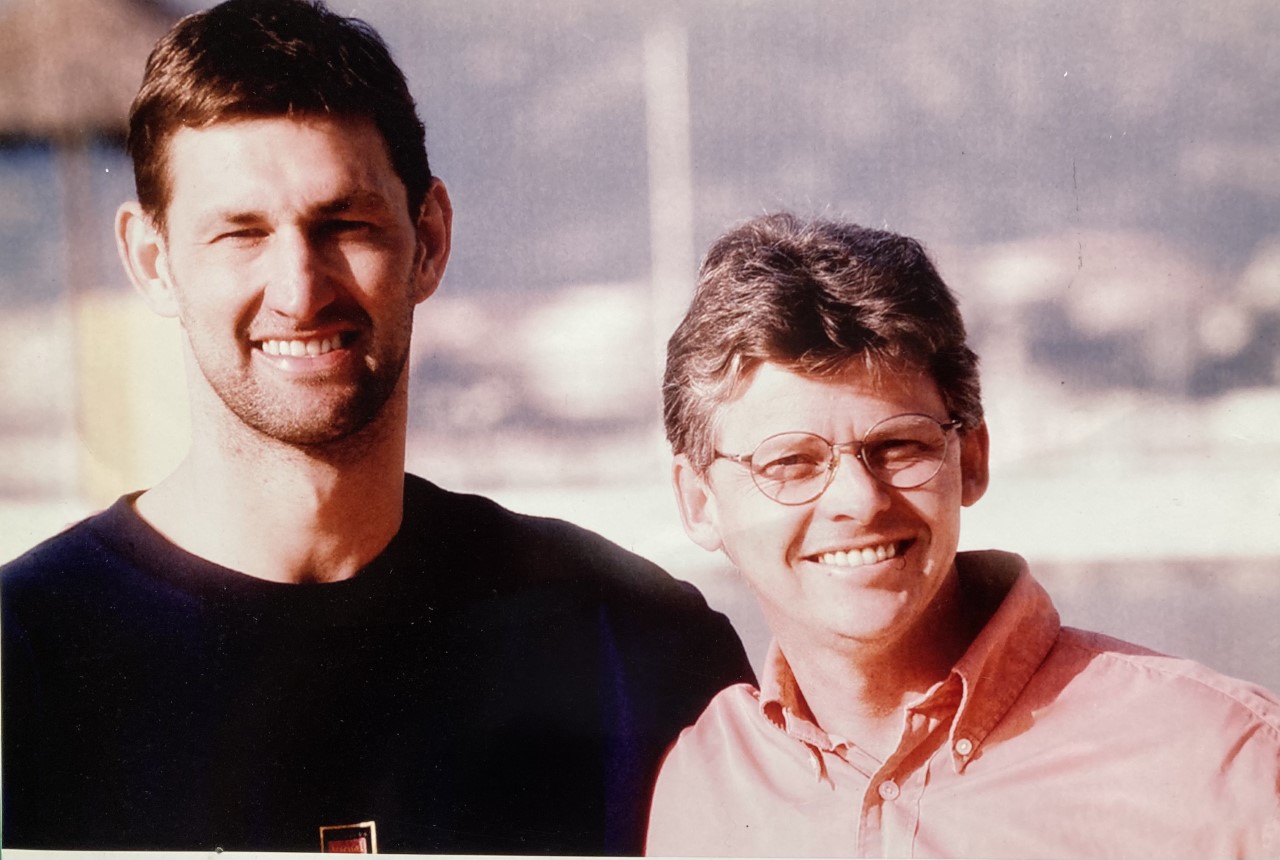ENGLAND’S World Cup began 50 years ago this week. In the run-up to the tournament esteemed sports writer John Moynihan saw published what would become a classic football book – THE SOCCER SYNDROME. In what proved to be a prescient passage, Moynihan takes stock of the English team’s chances and analyses their manager, Alf Ramsey…
THE summer of 1962 brought only confusion and disappointment as the England side which Walter Winterbottom had built up so promisingly gave an inspirited display in the World Cup in Chile. Again the lack of urgency was missing, Jimmy Greaves fluttered about like a stray cage bird, the defence did loyally but the forwards, with the exception of Bobby Charlton, were pop guns. Gerry Hitchens who was playing in Italian league soccer, was brought in to replace Bobby Smith but he was lifeless, his arts hidden away in a drawer.
England lost in the quarter-finals against Brazil by 3 – 1 and Brazil, as expected, went on to beat Czechoslovakia in the final.
During 1961-62 a Suffolk team of unbelievable ordinariness, but of quite astonishing efficiency when it came to scoring goals, won the Football League Championship.
Ipswich, who had won the Second Division Championship the previous season, under Alf Ramsey’s managership, duly won the Football League Championship amid Sam Wellerish East Anglian enthusiasm. Ted Philips, a tall gangling man with long legs, and Ray Crawford did most of the goal-scoring, thundering in massive shots into the cage, but finally it was Alf Ramsey’s coaching which did the trick and the big wigs of the Football Association did not let it die.
Walter Winterbottom chucked it in and Alf Ramsey took over as the England manager to prepare the side for the 1966 World Cup. It was a task which nobody envied and Ramsey, a reticent man, soon came under fire. His relations with the Press were often cool. ‘He behaves like a R.A.S.C. captain’ was how one critic described him bitterly.
So far Ramsey’s record has not been particularly pale, as has been proven with notable away successes against Czechoslovakia, West Germany (twice) and Portugal. But the defeat by France in the European Nations Cup was a fiasco. And later our efforts in the Little World Cup game in Rio in 1964 was a nasty pill to swallow. Since then he has based his team round a solid defence of Gordon Banks, George Cohen and Ray Wilson; a terrier of a worker in Nobby Stiles of Manchester United at right-half; Maurice Norman, and now Jackie Charlton at centre-half; Bobby Moore, a Jaguar type left-half; and a fuller selection of forwards, including Alan Ball, a solid, chunky ball player from Blackpool, the under-rated schemer George Eastham of Arsenal, Geoff Hurst, the West Ham opportunist, Terry Paine of Southampton, and a far less cynical Bobby Charlton.
The problem as ever has been Jimmy Greaves, who has let Ramsey down on a number of occasions and seems to miss the presence of his old Tottenham colleague Bobby Smith who drifted into decline after England’s 2 – 1 victory against the Rest of the World in the Football Association Centenary match again at Wembley in October 1963. Smith was not only dropped by England but dropped and transferred to Brighton for only £5,000. ‘Smithy’ had one season in which he helped Brighton gain pro-motion from the Fourth Division but he put on weight and Brighton let him go to Southern League.
Smith’s bustle had allowed Greaves openings against Continental defences and Ramsey’s problem was to replace him. As Stan Cullis wrote in the Daily Express:
‘Transfer Mr Ramsey into another football era and reflect how much heart searching he would have in deciding on alternatives for Stanley Matthews, Raich Carter, Tommy Lawton, Joe Mercer and Frank Swift.
‘This is not a nostalgic cry for the good old days. I realize this country has produced modern players just as good as those post-war stars, but I think there are more question marks attached to the present-day pool of players than in the Lawton era.
‘If you consider how many England players have worn the Number 9 jersey in the last two years you can appreciate Ramsey’s dilemma. He stands or falls on his own judgment, not only in selecting his team but deciding on the tactics to be used.
‘His next step is to convince his players that he has the right tactical set up. . .’
Alf Ramsey, the former Dagenham grocer’s boy, stands to win a prestige fortune or lose all by July 1966, for England’s performance will be judged by this. The policy of playing a 4—3—3 team which is more or less ‘wingless’ seems to be the fundamental, much-criticized plan, and the formation which dumbfounded Spain in Madrid in December 1965 was the key to his intentions. However, Spain did not have Suarez for that Madrid game and Suarez is as important to Spain as Pele. And as I write the 4—3—3 ‘wingless’ set-up has gained a lot of critics. It was a failure against Poland.
Ramsey’s cold, withdrawn expression, as impersonal and mysterious and vaguely hostile as a duty officer marching up to inspect a fire piquet, hides a burning fanaticism and surely a trace of anxiety.
If England get knocked out early he will surely return to another manager’s chair, to sit alongside rakish, rustic directors as he is portrayed in team groups of Ipswich Town all over their Press Room.
If he succeeds he will be considered another Vittorio Pozzo who steered Italy to victory in the World Cup twice before the war. He will be fêted and wined and dined and toastmasters will call out his name as reverently as announcing a Vanderbilt.
Perhaps we of the press and all supporters of England would like rather more communication from him, and less of an attitude that the England side is his and his alone. It is not his alone. Haven’t we waited long enough for a team to win this competition?
Ramsey is not always a man to arouse confidence in the task. Is he trying to build a team with or without Jimmy Greaves; is his plan a mere flash in the pan relying on hard workers, players like Roger Hunt and Nobby Stiles merely following the plough? England’s team will have to be a team of eleven Rolls Royces, average runners will not do. And surely he must play at least one established winger?
On a train going north to Sheffield, Ramsey was the only other member of the restaurant car. As the landscape turned into the industrial tattoo of the North, Ramsey gazed out of the window at fields and factories, giving the waiter a slightly embarrassed smile when he was recognized. He was going to watch Sheffield Wednesday play Everton and the odds were that Derek Temple, the Everton outside-left, was his key figure that afternoon. Temple would not now seem to be part of his wingless plan but that time his speed and shooting power had put him in line for an England place.
I asked Mr Ramsey if it was indeed Temple he was going to see. He looked up at me as if I was mad. The coffee cups tinkled and tried to sprint across his table. He looked just as edgy. ‘Could be,’ he said in a slightly refined tone. ‘Now, if you’ll excuse me.’ He rose and walked away towards his compartment. ‘That’s Alf Ramsey,’ said the dining car attendant. ‘I know,’ I said.
Alf Ramsey, the shrewd enigma, the terror of the press, awaits his destiny. We may hope that he avoids the fate Dostoevsky describes for a losing gambler: ‘When once anyone has started upon that road, it is like a man in a sledge flying down a snow mountain more and more swiftly . . .’
THE SOCCER SYNDROME: English Football’s Golden Age by John Moynihan is now reissued by Floodlit Dreams and is available in our store







Leave A Comment